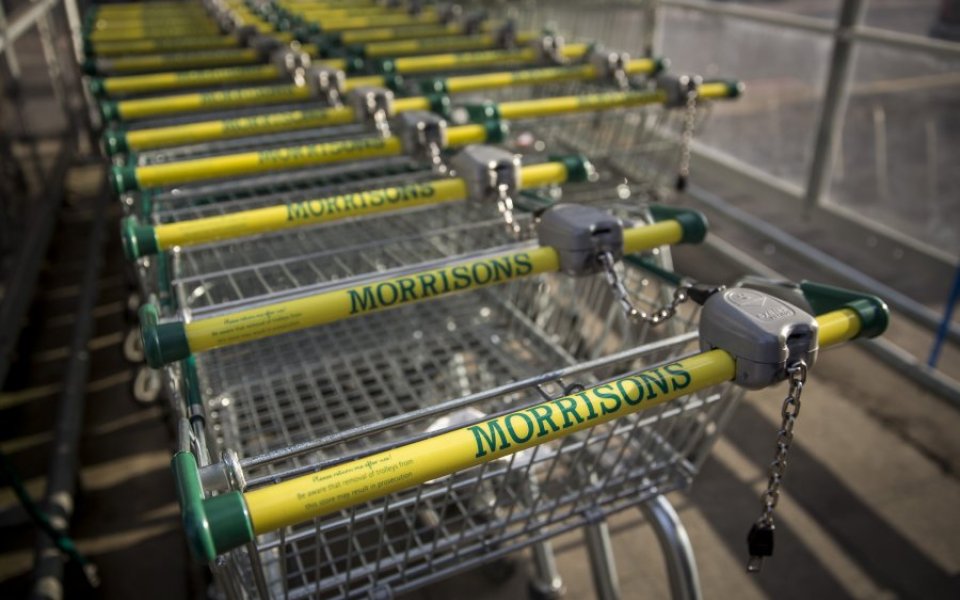Morrisons follows Lidl and pledges to pay above National Living Wage

Morrisons has followed in the steps of German discounter Lidl after announcing a 20 per cent pay hike for its staff in line with the new Living Wage.
The supermarket, which is striving to turn itself around after years of declining sales, said more than 90,000 staff across all age brackets would benefit from a new hourly rate of £8.20 an hour from March next year.
The new wage – which is up from the previous minimum of £6.83 – reflects the higher rate expected to be set by the Living Wage Foundation in November.
It comes after cut-price chain Lidl announced last week a similar pay hike for 17,000 UK staff.
Ikea and high street gifts retailer Oliver Bonas have also both pledged to pay the current living wage hourly rate of £7.85 in UK and £9.15 in London.
Meanwhile rival supermarket Sainsbury’s introduced a new higher wage of £7.36 at the start of this month – just above the the new national living wage of £7.20 set by chancellor George Osborne in July. Eventually all companies will have to adopt the new compulsory wage in the spring of next year.
David Potts, chief executive of Morrisons, said: “We have been listening to our colleagues who told us they want their pay to be more competitive and simpler.
Read More: Morrisons' ill-fated attempt to build a convenience arm has become a lesson for the industry
“By paying a significantly higher hourly rate, we are recognising the contribution of our excellent staff, who are so important to the revival of Morrisons.”
The company said the shop-workers’ union Usdaw is supporting the pay move and recommending it to its members.
Potts, who replaced Dalton Philips earlier this year, has been steering the company back to recovery by introducing a string of new measures, cutting back head office staff in favour of putting more people on the shop floor.
The company also sold off its convenience stores business to a consortium of investors earlier this month after an ill-timed move into the sector.
Potts warned that it would take "years not months" to turn the business around after the business posted a 35 per cent slump in pre-tax profits to £117m in the first half to 2 August.
It has already closed 10 stores this year and plans to close another 11, putting 900 jobs at risk.